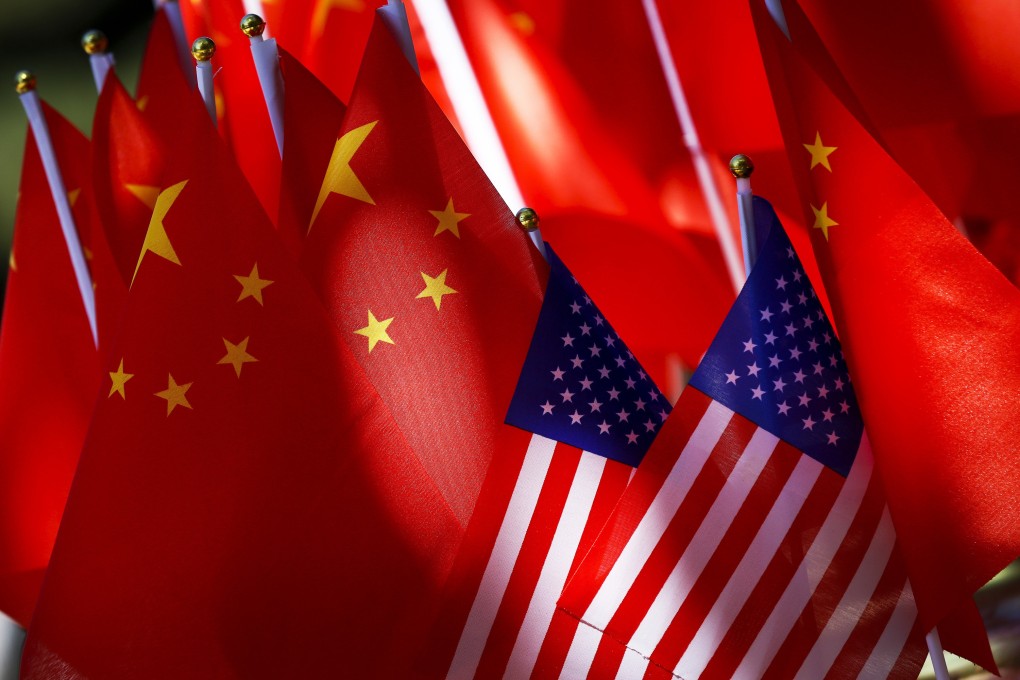Letters | Scaremongering over US-China Fulbright exchange programme must be rejected
- Readers discuss the disappointing suspension of a valuable avenue for US-China exchange, the long wait for an outcome to a police investigation in Hong Kong, and whether bystanders should step in when they see a child being punished

The reasons for the US’ cancellation of the Fulbright programme and reluctance by the Chinese government and some high-level US politicians to embrace international exchange make little sense. US concerns that Americans risk detention in China seem unfounded. If they are valid, then perhaps I should start triple-locking my home’s door so that I am not whisked away to Shenzhen overnight!
Similarly, I find it hard to accept the concerns of Florida senators Marco Rubio and Rick Scott that sending volunteer English teachers to rural China is propping up adversaries while taking away resources needed to educate American children. Florida’s literacy rate falls within the bottom 20 per cent, indicating that they are less concerned about education than finding excuses to criticise China for political reasons.
I am equally unconvinced that China should worry that participants will be infected by “Western influences” in the United States. Anyone spending time in Texas, my previous home, will see both the best and worst of American democracy and society in action. I am sure that such eye-opening experiences will lead to many head-shaking conversations among foreign visitors to the US.
I served on a committee selecting doctoral students studying in Hong Kong as Fulbright students to study at US universities and interacted with many Fulbright senior scholars during their visits to Hong Kong. I can assure both the US and China that these students did not infect Americans with a novel virus, steal top-secret American science ideas, or become corrupted by the smoothly functioning US political system.